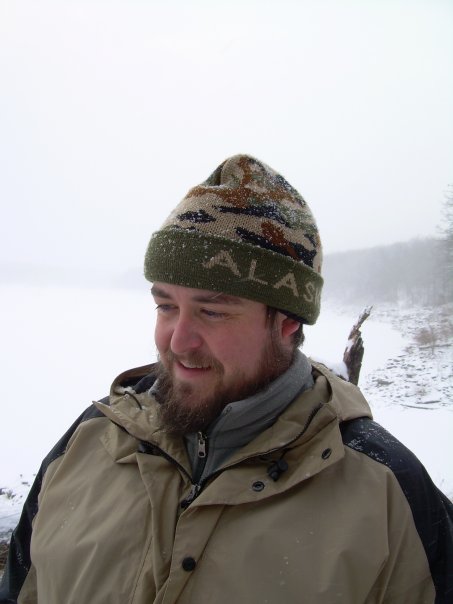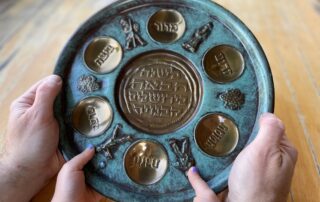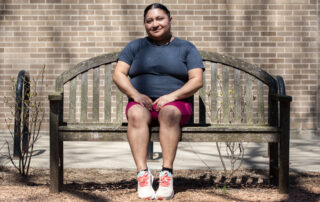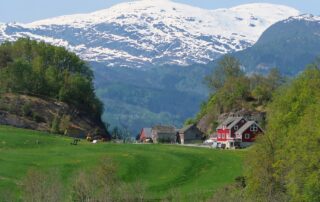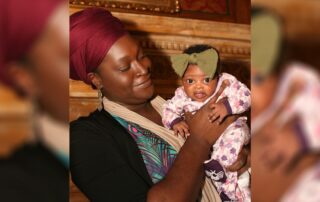Education gave Jeff Snowbarger’s farm boy grandfather the world. It also taught him how to navigate through despair.
My grandfather was a lean man, frugal, conservative to the bone. Such a penny-pincher was he, that during a visit in his last year of life, he showed me grocery bags of pecans he’d gathered from the Oklahoma City sidewalks surrounding the facility where he lived. After his scavenging hunts, he’d cover his bed in newspapers, roll his old office chair to the edge, shell his find, eat his fill, and squirrel the rest away. A true Depression kid to the end.
Whenever I think of the Wisconsin Idea, I think of him—a Kansas farmboy, a Navyman in the war, who went on to earn his PhD from Berkley. So, why does the Wisconsin Idea bring him to mind? My grandfather benefited from a kind of education that seems almost foreign to us now. His one room-school house on the Kansas plains had been a community endeavor. Poor wheat and sorghum farmers gathered what little cash they had to bring schoolmarms to Reno County. These women not only taught farmkids their R’s—reading, writing, and ‘rithmatic—they taught them the world, Wordsworth and Homer, the fall of Rome, Cicero in Latin. The image of dustbowl farmers sacrificing their last pocket change to educate their kids should teach us something about true sacrifice.
To me, the Wisconsin Idea is an illustration of this older ethos. At its heart it’s the notion that education matters. That citizenship matters. The two have a responsibility to each other. The Wisconsin Idea’s most noticeable off-springs center on what we might call the practical arts—tested methods to increase milk output, researched cabbage varieties that better endure our frosts, seed monies to help small businesses get off the ground. This is all well and good, but if our Idea is to survive going forward, we might need to broaden our energies to those less practical human endeavors—art, poetry, song.
One semester when I’d been away at college, I came home to visit my grandfather who was going through a terrific transition. The day before I’d arrived he’d driven my grandmother to a nursing home. It was the first time in nearly sixty years the two of them had lived apart. But my grandmother’s Alzheimer’s had digressed to a point my grandfather could no longer care for her.
The Sunday I visited his emptier home, he insisted on serving me lunch. Baked potatoes, zapped in the microwave. He cut his in half and told me he was saving the rest for supper. Like I said, he was a frugal man. Once we were finished, he said he had something he wanted to show me. He shuffled to his nightstand and pulled out the old literature anthology he’d used for his college classes when he’d been my age. Post it notes marked the poems he’d reread to help him cope with his new lot in life. In a spiral notebook he’d even attempted to write some poems of his own. He’d gone so far as to pull out my grandmother’s old Casio keyboard, a blank music sheet, and tried his hand at creating songs, something he’d done long ago in a one-room schoolhouse on the plains of Kansas.
Had it not been for a generation of farmers who scrounged together to educate their kids in these impractical things, my grandfather would not have learned how to thrive in moments of despair. In his greatest time of doubt and dread, he resorted to poetry, to penning his sorrow in words and song.
Going Forward, this is my dream of the Wisconsin Idea.
